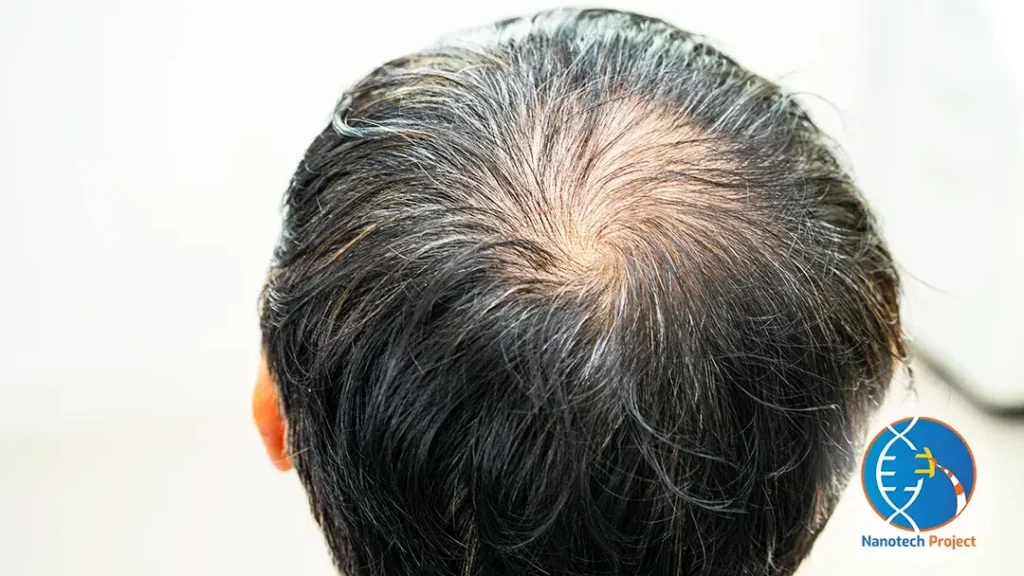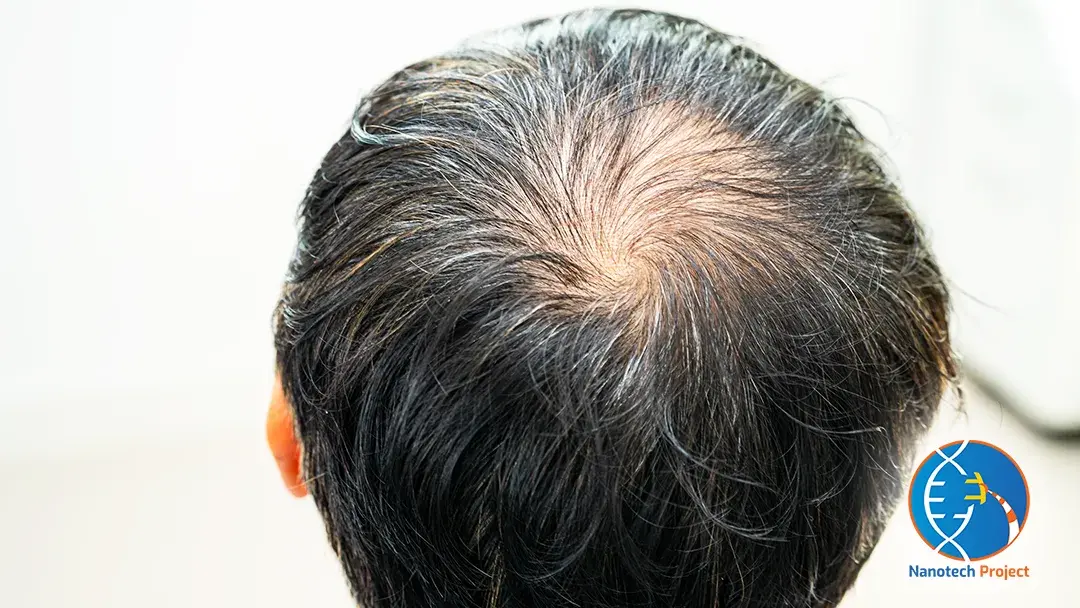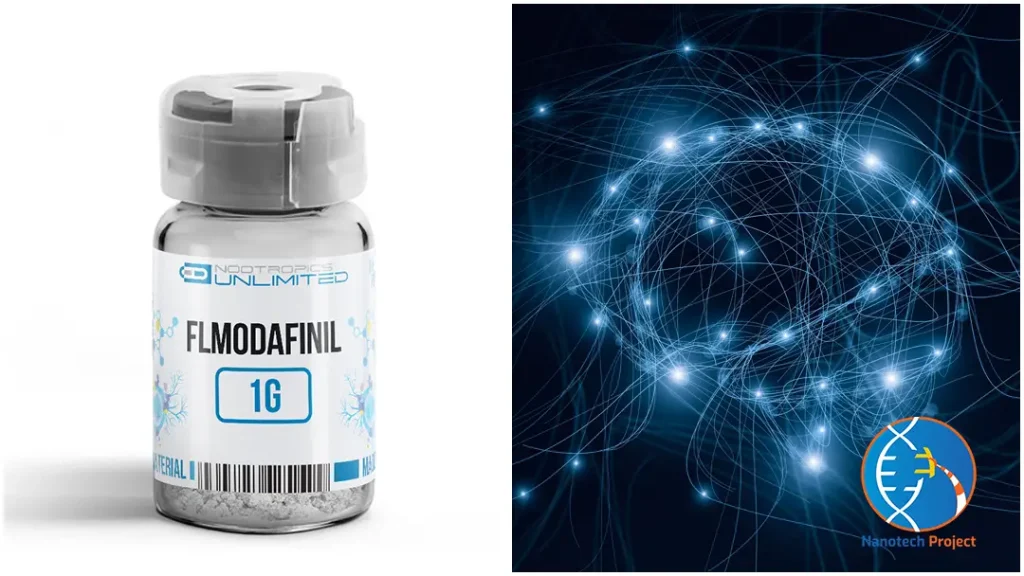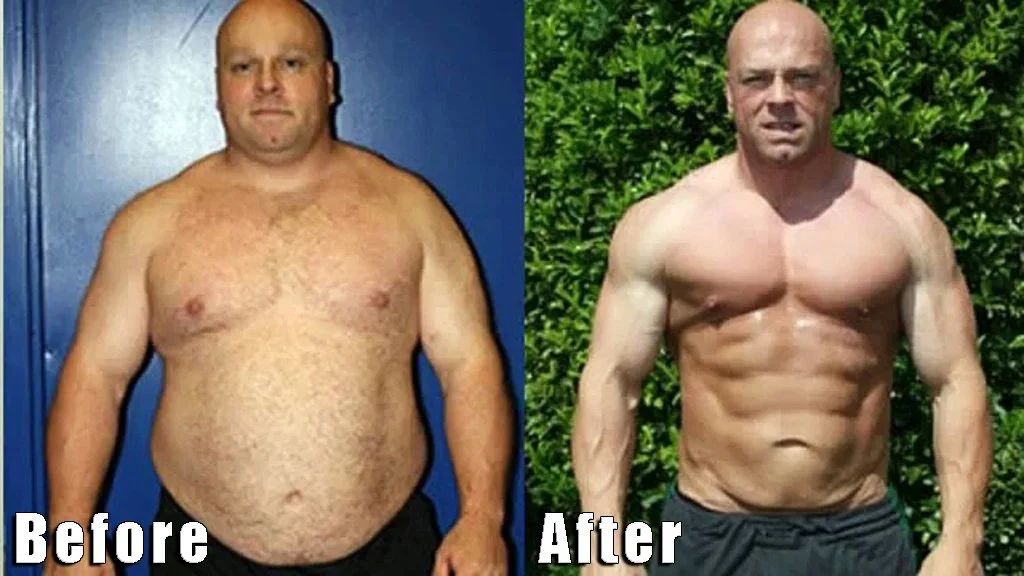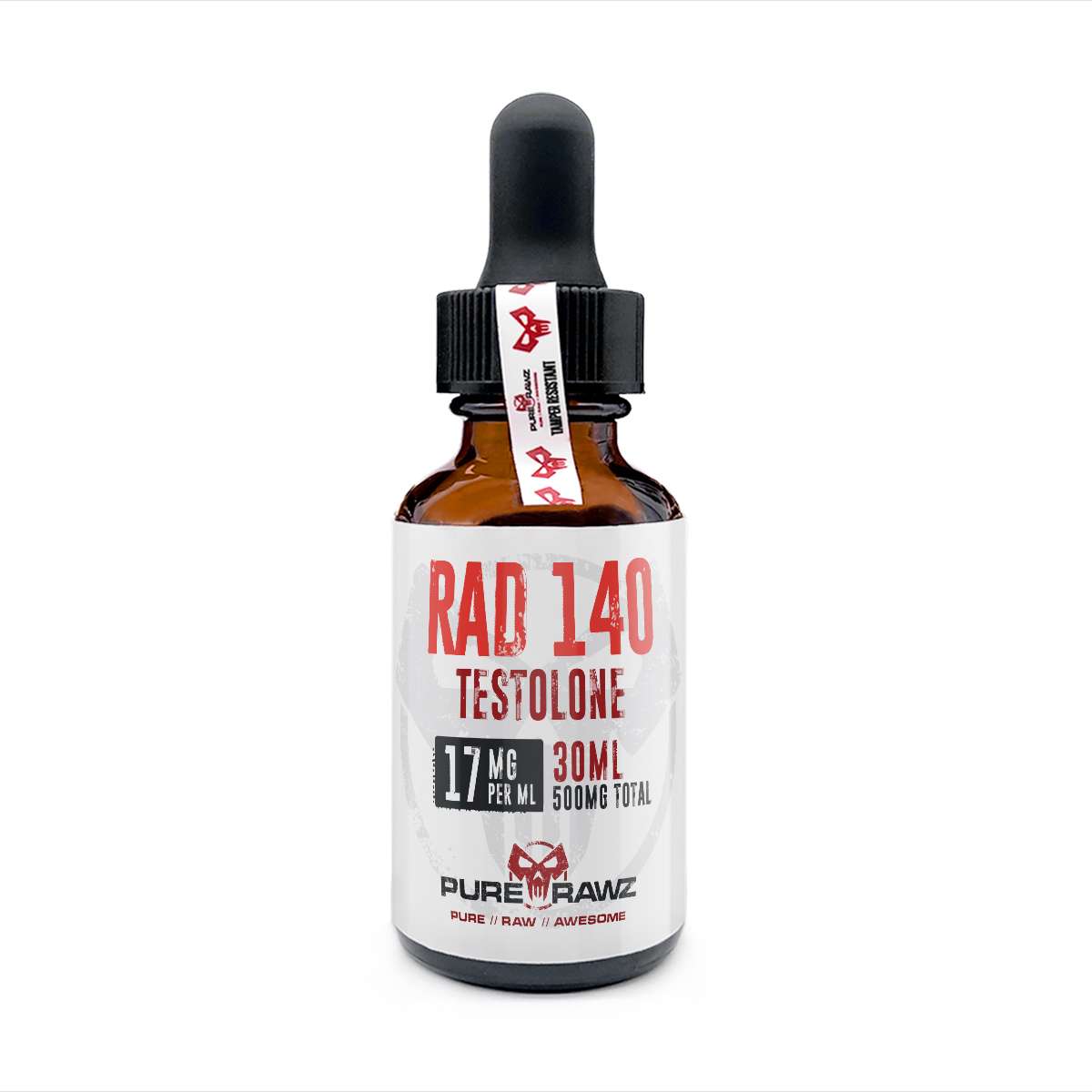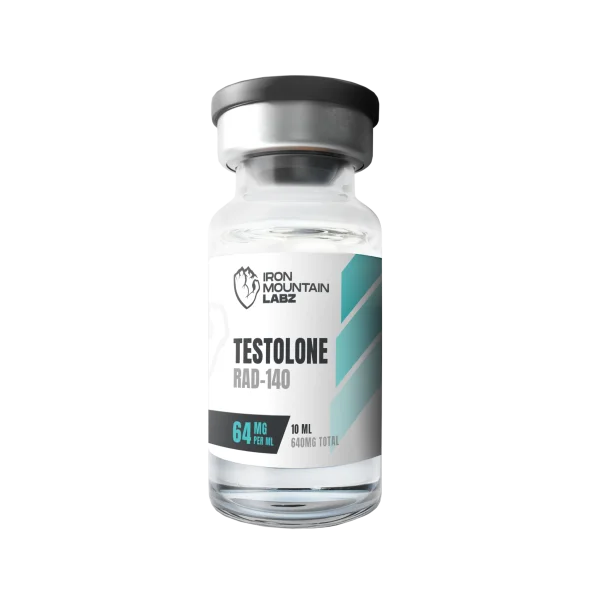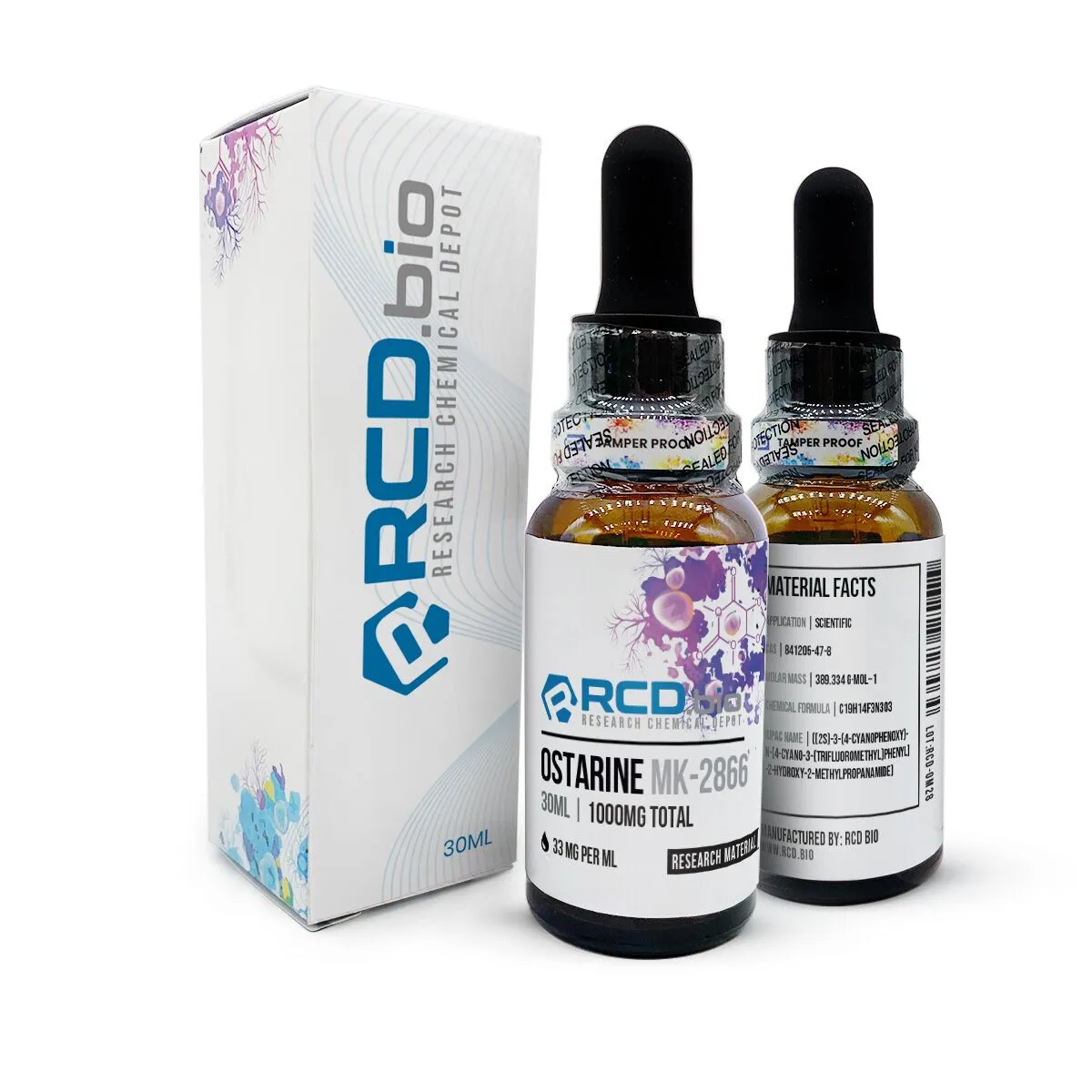Muscle growth and fat loss at the cost of hair loss while using SARMs! Is this claim valid or just a myth? Some users claim that it is a myth, while the majority believe it is a fact, as most have experienced hair loss after using SARMs.
Let’s discover whether it is a myth or a fact. Read this blog and get an insight into the impacts of SARMs on hair fall.
What are SARMS?
SARMs stand for Selective Androgen Receptor Modulators. They are designed to replace traditional anabolic steroids. After being injected into the body, they bind with androgen receptors in muscle and bone tissues and mimic the natural effects of testosterone. Furthermore, SARMs restrict their influence to only muscle and bone tissues, preventing other areas from being affected.
This property of selective binding differentiates SARMs from traditional anabolic steroids, which often influence the prostate gland. After this selective binding, SARMs promote muscle growth, regulate fat loss, and strengthen skeletal health.

Do SARMs Really Cause Hair Fall?
No universally accepted principle suggests that SARMs cause hair loss. There are specific SARMs that can accelerate hair loss if users have a predisposed history of baldness. At the same time, some other theorists say that some other SARMs also prevent hair loss. This fact is debatable, and both proponents and opponents have strong arguments to support their claims.
Let’s discuss the science behind hair fall and what role SARMs play in causing it.
How Does Hair Loss Happen?
Hair loss occurs when the hormonal activity of DHT (dehydrotestosterone) is influenced by either internal or external factors. DHT is a hormone produced by testosterone. It is responsible for the growth and fall of hair.
In case of a high level of DHT, it binds with hair follicles, causing them to shrink and shorten their length. This ultimately leads to hair thinning and loss.
How SARMs Imbalance DHT Levels and Cause Hair Fall?
SARMs do not directly cause hair loss. According to studies, SARMs affect testosterone levels in the body. In return, the testosterone affects the levels of DHT, which is also a byproduct of testosterone. Affecting DHT levels can cause hair loss. In short, SARMs do cause hair loss, but in an indirect way.
If a user has a genetic disorder associated with hair loss, they are more vulnerable to experiencing hair loss. A person with baldness already has higher DHT levels in their body. If he uses SARMS, his DHT levels further rise, and ultimately accelerate hair fall.
Which SARMs Cause Hair Fall?
There are a large number of SARMs that cause hair loss. We cannot discuss each of them, but we will discuss the most prominent ones. Here are a few SARMs that cause hair loss:
RAD140 (Testolone):
RAD-140 is the strongest SARM that causes hair loss in users. It is also known as Testolone. According to clinical research, RAD-140 is associated with 5-6% hair loss in users. It is unlike testosterone, which converts into DHT, but it modulates the pathways of DHT and causes hair fall.
Ligandrol (LGD-4033):
Ligandrol is a synthetic SARM. It is also known as LGD-4033. According to clinical studies, it is responsible for 1-2% hair fall in users. It does not directly convert into DHT like testosterone, but it indirectly influences the activity of DHT and thus contributes to hair loss.
Ostarine (MK2866):
Ostarine is also a synthetic SARM. It is also known as MK-2866. It does not directly cause hair fall in users. When it is overdosed or taken more than 50mg a day, it leads to hair loss in users. While following the recommended guidelines, it does not cause hair fall.
Note: Dozens of SARMs indirectly cause hair fall in users. However, it is impossible to discuss each of them here.
Is Hair Loss from SARMs Permanent?
The hair loss caused by SARMs can be either permanent or temporary. It depends on several factors. If a user is prone to androgenic alopecia (male/female baldness), the hair fall in this condition can be permanent. It cannot be recovered easily.
On the other hand, some SARMs can cause temporary hair loss. In such cases, hair loss can be halted, and recovery is possible. Additionally, a short duration with a low dose can cause temporary hair loss, which typically reverses after the cycle is completed. While long-term use with a high dose can cause permanent hair loss, it cannot be easily treated. In some cases, PCT is also recommended to help reverse hair loss in users.
How to Prevent Hair Loss While Using SARMs?
There are various methods used to prevent hair fall while using SARMS. Some of them are as follows:
Monitor Hair Shedding:
The foremost method is to monitor shedding. If a user notices excessive hair fall, he is advised to consult a healthcare professional and do something to halt hair fall as soon as possible. In some cases, users are also suggested to stop taking SARMs for a few days until hair fall stops.
Avoid Stacking Multiple SARMs:
We all know that SARMs can cause hair loss. In the case of stacking them, their influence is enhanced, which strengthens androgenic activities, leading to hair loss well in advance of the time. Therefore, it is suggested to avoid stacking powerful SARMs to prevent hair fall while using SARMs.
Support Hair Health:
In the case of hair loss while using SARMs, it is recommended to take hair support supplements. The hair support supplements will help minimize hair loss and promote hair growth and strengthening.
Final Thought
SARMs are synthetic compounds designed to replace traditional anabolic steroids and to exhibit anabolic activities. They influence androgenic activities in users, which can affect DHT pathways, leading to hair fall. Specific SARMs, such as RAD 140, Ligandrol, and S23, are known to have a powerful impact on hair loss in users. Therefore, users are advised to monitor hair shedding while in the SARM cycle.
References:
- Vasilev, Veselin, and Nikolay Boyadjiev. “Reported adverse effects of SARMs in animals and humans: A review.” Romanian Medical Journal 71.4 (2024).
- Kintz, Pascal, et al. “Human hair testing for selective androgen receptor modulators (SARMs): Current knowledge and limitations.” Toxicologie Analytique et Clinique 34.1 (2022): 83-89.
- Kintz, Pascal, et al. “LGD-4033, S-4 and MK-2866–Testing for SARMs in hair: About two doping cases.” Toxicologie Analytique et Clinique 31.1 (2019): 56-63.
